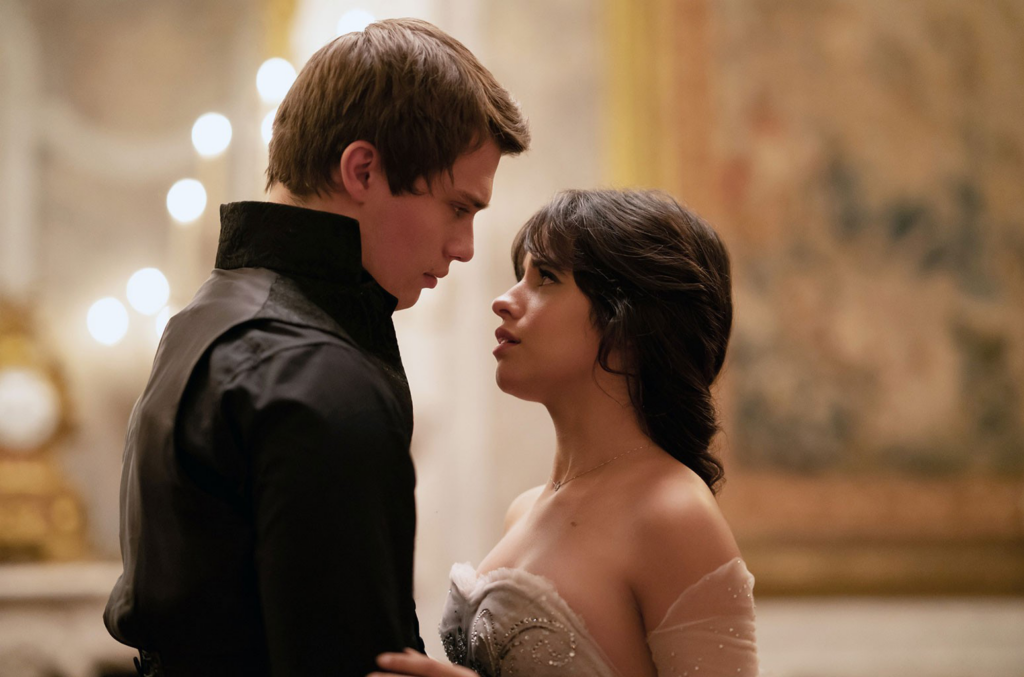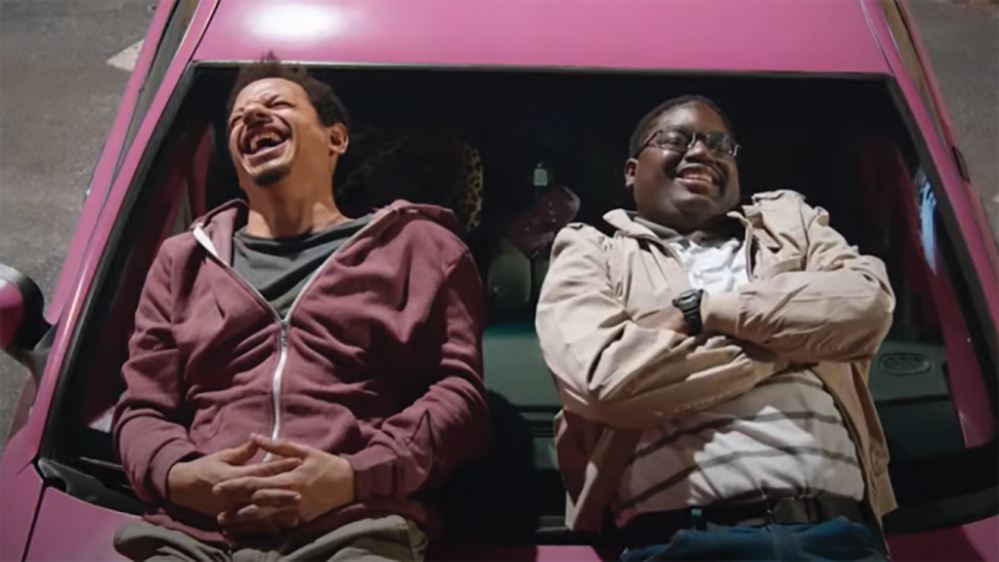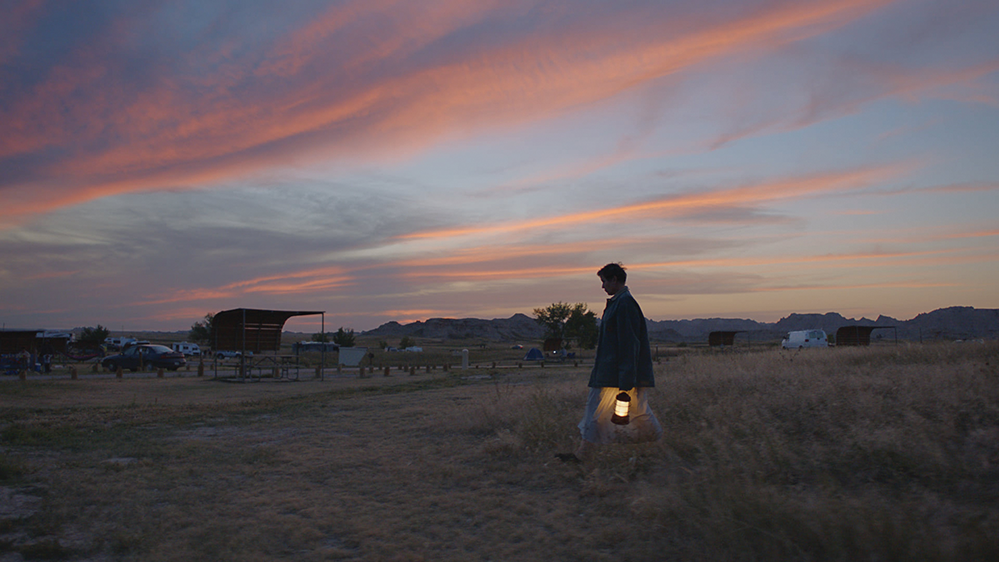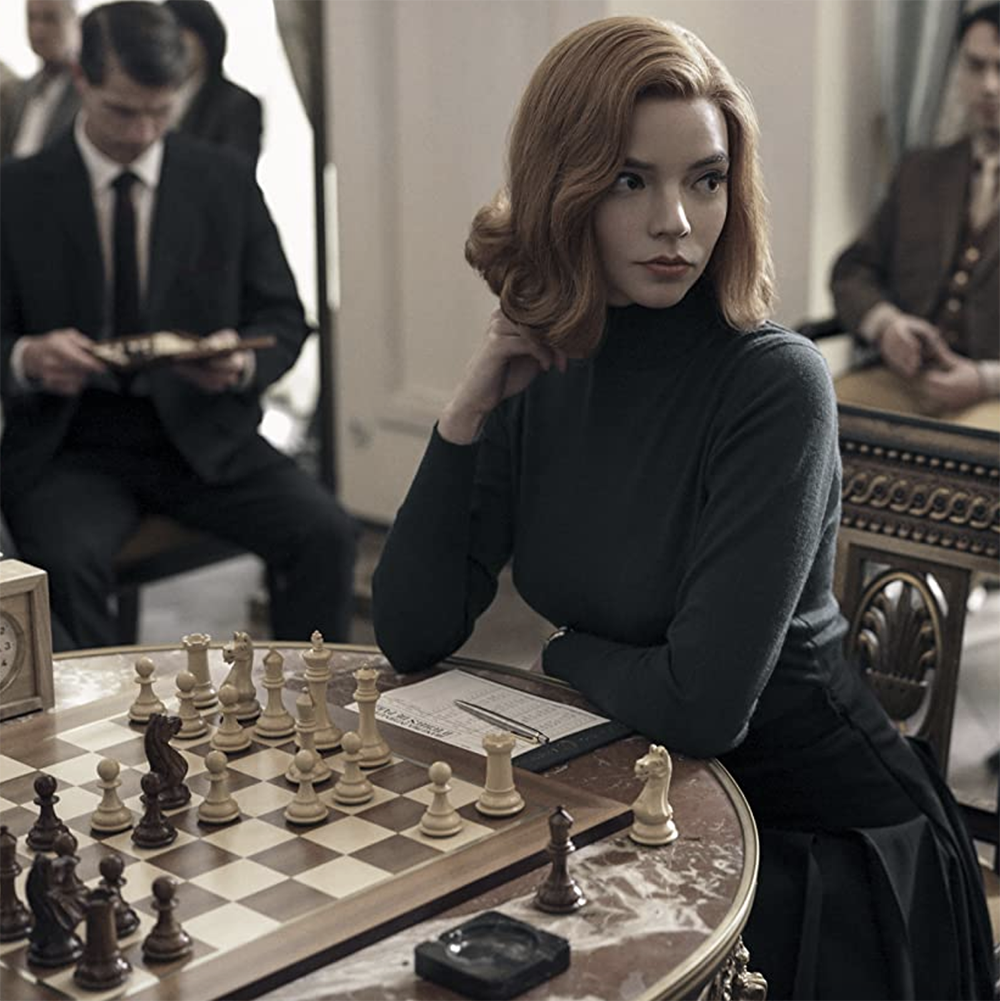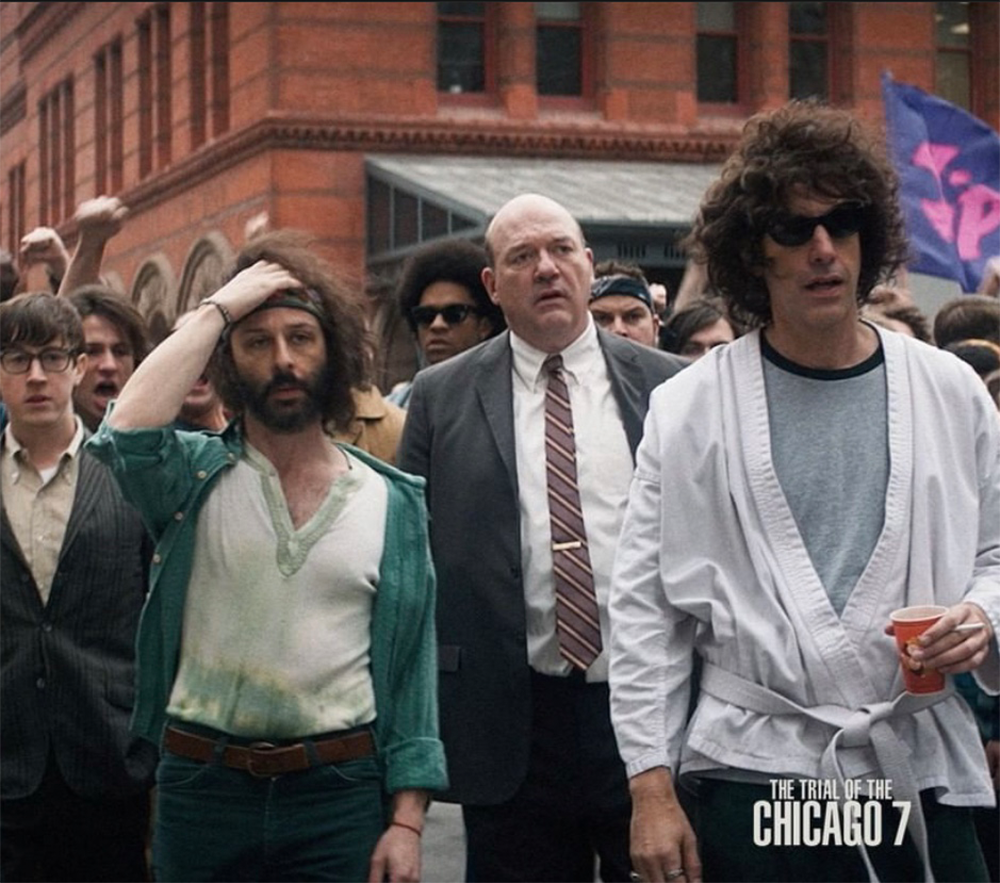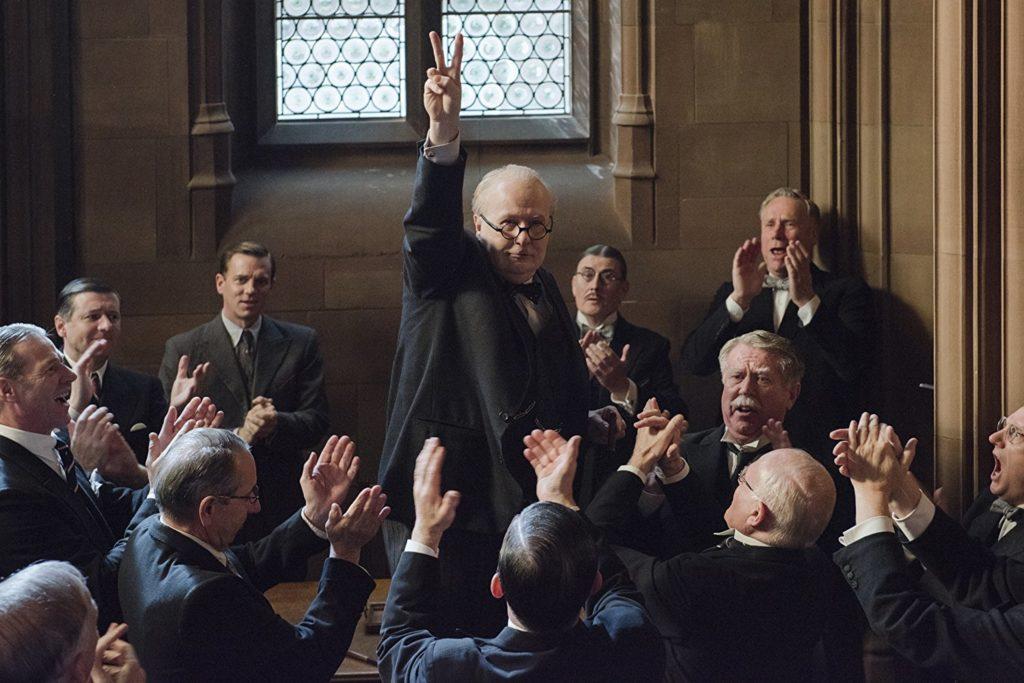
During its invasion of France and Belgium in World War II, the German army cornered British forces in the French coastal town of Dunkirk. As Britain faced its darkest hour and the threat of an invasion loomed, the fates of the European democracies depended on the leadership of British Prime Minister Winston Churchill, who is the subject of English director Joe Wright’s latest war drama, “Darkest Hour.”
Driven by candid characters and bold cinematography, the film expertly explores themes of resistance and persistence, and creates a narrative that explains the intricacies of the British government.
Written by New Zealand-born filmmaker Anthony McCarten — best known for the screenplay he wrote for “The Theory of Everything” — the film is an expertly crafted history lesson that balances the prime minister’s public triumphs and failures with some of his private moments of vulnerability and uncertainty.
While combatting both his political rivals and personal demons, Churchill was faced with disastrous options: negotiate with his German enemies to protect the British people and their land or unite the nation and fight a war with little chance of victory. Consistently pictured with a cigar and half-full glass of whiskey in his hand, Gary Oldman performing as Churchill seamlessly masters the icon’s lighthearted, yet fearless, nature.
Within the film’s political scope, Wright emphasizes the importance of Churchill’s personal relationships, most prominently his relationship with his wife, Clementine Churchill, played by Kristin Scott Thomas. Although she only appears in a couple of scenes, her sharp confidence and ironic demeanor complement her husband’s dangerous conviction and boyish charm. When Churchill brought his worries home, his wife was there to advise him and boost his moral: a testament to their truly loving relationship.
The other leading lady of “Darkest Hour” is Elizabeth Layton, the prime minister’s intelligent and soft-spoken personal secretary, who is played by Lily James. Churchill was drawn to Layton’s purity and eagerness, and often relied on her for comfort and advice.
Although they played different roles, these two women in Churchill’s life formed his moral and emotional support during World War II’s most difficult moments. Thomas, James and Oldman work together to masterfully convey the mutual respect that these figures had for one another.
Wright interprets McCarten’s screenplay and the anatomy of each scene with a brilliant and contemporary sense of imagination and cinematography. His pairing of the dark nature of the war with Churchill’s political woes underlines the bleaker aspects of Churchill’s earliest days as prime minister.
For the most part, McCarten rids his screenplay of any dramatization and sick sentimentality as he stays true to history. Although a scene in which Churchill takes a journey on the London Underground so he can stand with the British people and remain mindful of their desires appears to be a romantic invention of the filmmaker, Wright’s active camerawork and direction remains seamlessly cinematic for the remainder of the film.
The balance between the film’s classic and avant-garde style and its deep shadows and bright highlights transports the audience to the era of World War II. The film has several stunning shots thanks to Bruno Delbonnel’s cinematography. One particularly striking sequence consists of an exploding bomb transitioning to the body of a fallen soldier.
“Darkest Hour” gives its audience total and unhindered access to Churchill and his psyche during his tumultuous early days as prime minister, from his solemn moments of self-doubt and the rising tensions in the war cabinet to a private call with U.S. President Franklin Roosevelt.
In “Darkest Hour,” Wright’s Churchill is polished, and his image as a fearless leader is heightened. At the same time, Oldman takes control of his role and humanizes Churchill, giving the audience a chance to re-envision the iconic figure and the legacy he left behind.














